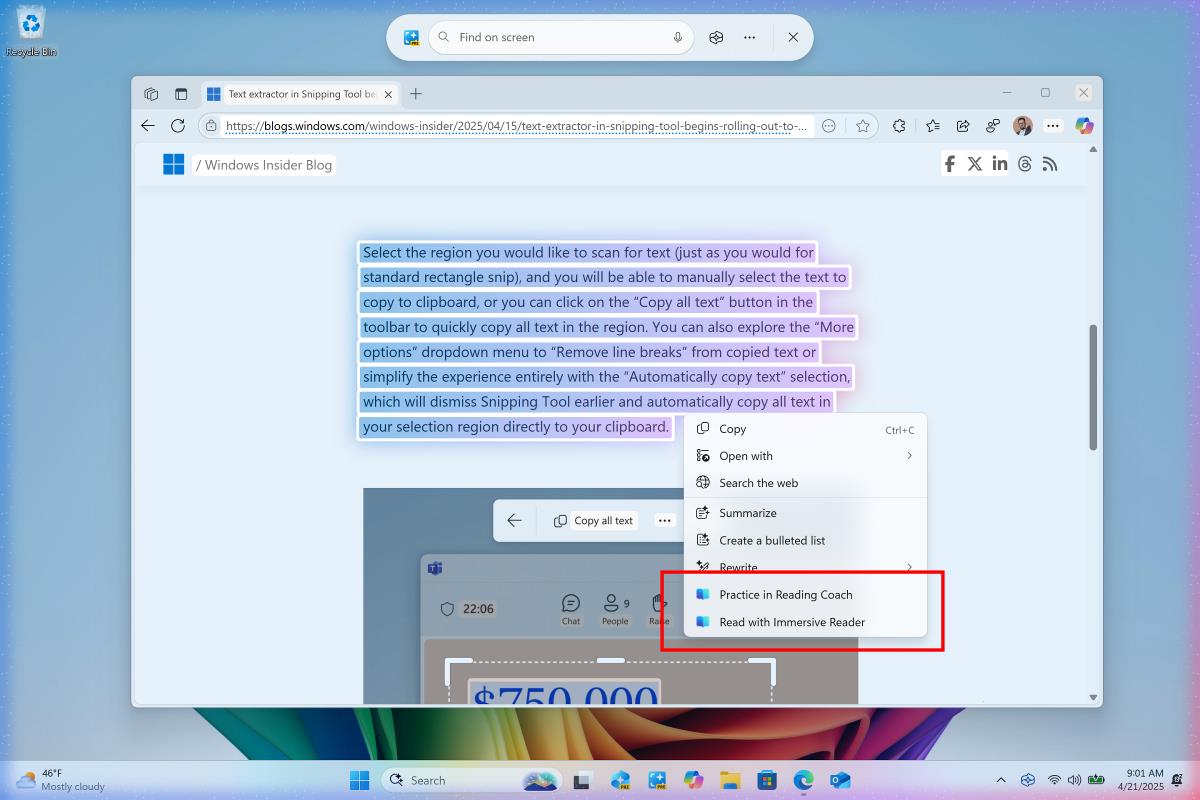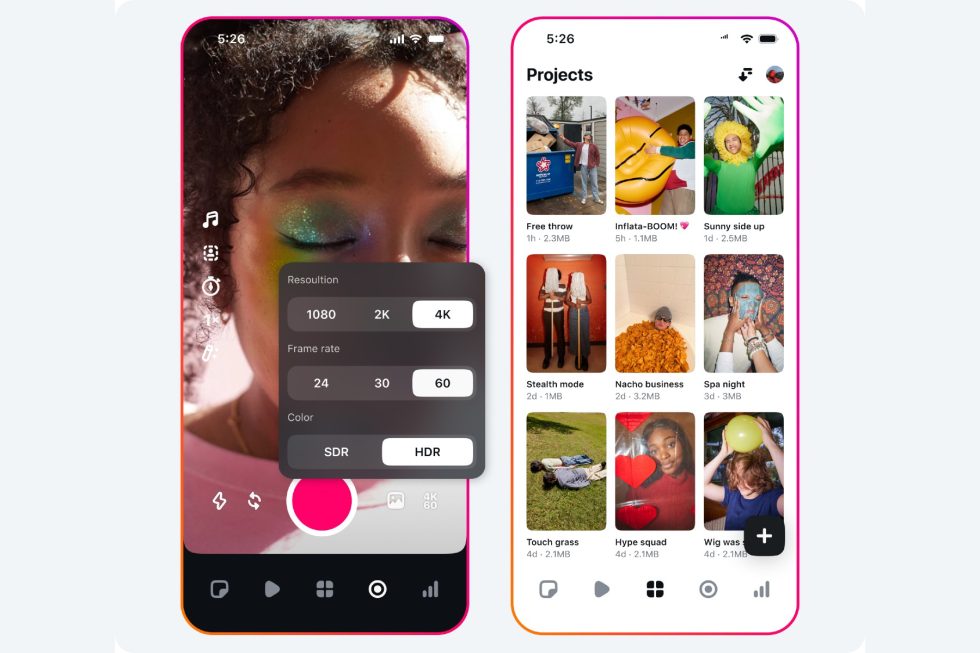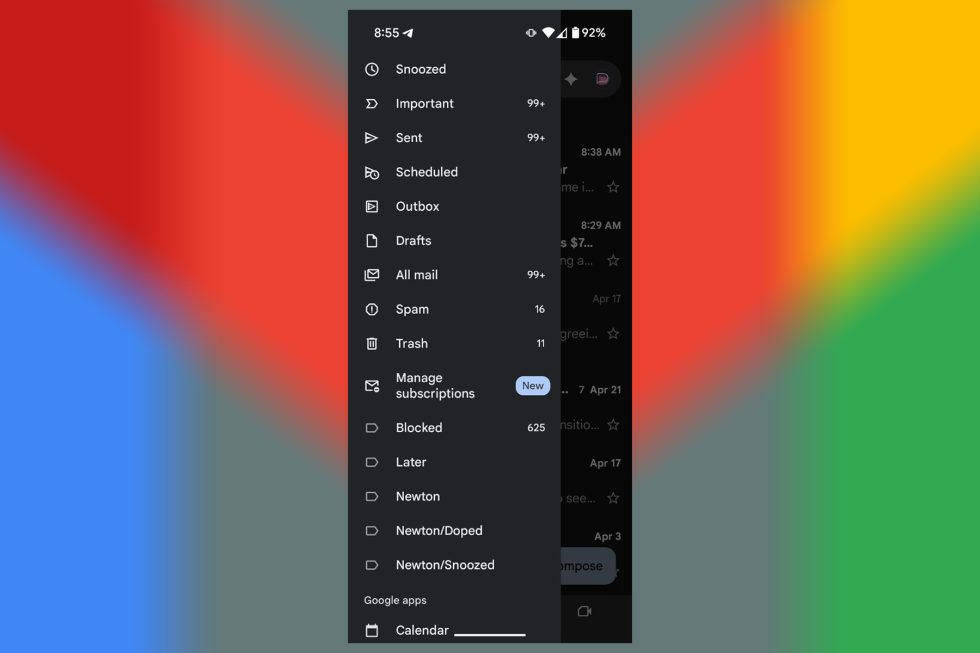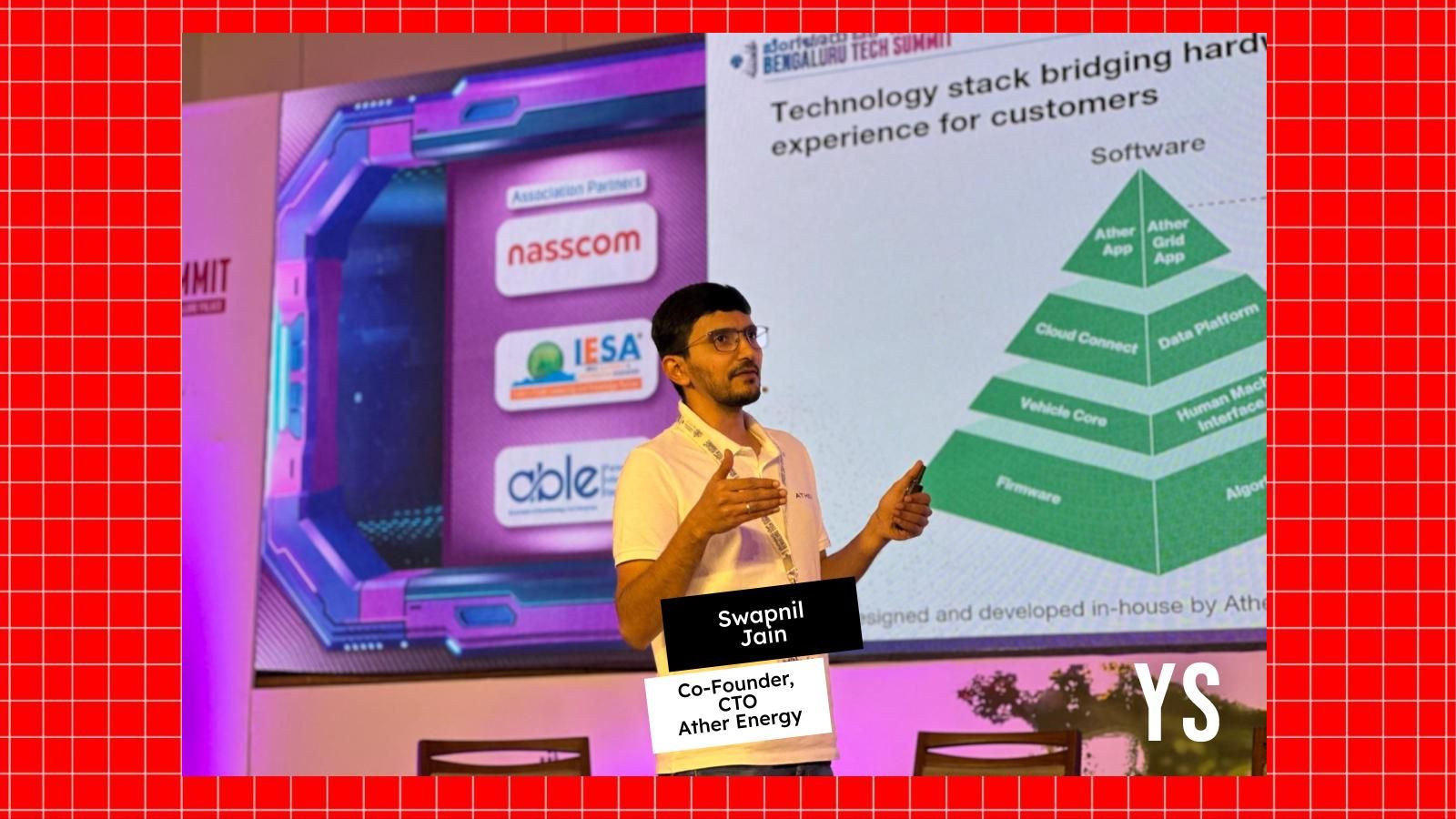Write Clean & Efficient JavaScript: Lessons from Real Projects
Hey devs — I’m Sachin (srdev), a frontend developer who’s spent years inside real-world JavaScript codebases — from side projects to production apps. Clean code is one of those things that’s easy to talk about but hard to practice, especially when deadlines, bugs, and feature creep hit. This post is about practical, battle-tested ways to write clean, efficient JavaScript — not just for yourself, but for your team and future maintainers. 1. Code With Intent, Not Just to “Make It Work” When you first learn JS, getting something to work is a win. But as you grow, intentional design matters more than quick solutions. Bad: function fn(a, b) { return a + b; } Better: function calculateCartTotal(subtotal, tax) { return subtotal + tax; } Why? Because clarity is better than cleverness — and your code is communication. 2. Lean Into Immutability Mutating objects or arrays directly is a great way to introduce sneaky bugs. Instead: Use spread syntax ({ ...obj }) Use array methods like map() instead of forEach() for transformations Use Object.freeze() or libraries like Immer in state-heavy apps This mindset is especially valuable in React or Redux-style data flows. 3. Abstract Patterns, Not Just Code Clean code isn’t just about making things shorter — it’s about recognizing and abstracting patterns. For example: // Repeated logic if (user.role === 'admin') { ... } if (user.role === 'editor') { ... } Refactor to: const hasRole = (user, role) => user.role === role; if (hasRole(user, 'admin')) { ... } Or better: use role-based access utilities across the app. 4. Embrace Declarative Logic Over Imperative Steps Imperative code tells how. Declarative code tells what. Clean JS tends to favor declarative style. Imperative: const activeUsers = []; for (let i = 0; i < users.length; i++) { if (users[i].active) { activeUsers.push(users[i]); } } Declarative: const activeUsers = users.filter(user => user.active); Result? Less room for bugs. More readable. 5. Centralize Business Logic Scattered logic across components or modules leads to inconsistency and duplication. Move API logic into a service/ layer Move shared utils into a utils/ folder Keep business decisions (e.g. discount rules, permissions) in one place Why? Centralizing logic makes debugging easier and changes safer. 6. Use Type Guards and Runtime Validation If you're not using TypeScript yet, protect your JS with runtime checks. function isUser(obj) { return obj && typeof obj.name === 'string' && typeof obj.id === 'number';} Or, bring in Zod, Yup, or io-ts for schema validation. 7. Know When to Be Opinionated Consistency beats flexibility in large projects. Pick one formatting style (Prettier, airbnb, etc.) Stick to a project-wide naming convention Standardize your API responses and error shapes Clean code is as much about shared team discipline as it is about individual style. 8. Write for the Reader, Not the Runtime JavaScript is forgiving — it’ll run most things. But humans need to read your code. So: Don’t overuse one-liners Avoid chaining 5 methods unless it’s truly readable Add meaningful inline comments where context matters 9. Use Tools That Enforce Discipline ESLint with custom rules for your project standards Prettier for formatting you don’t have to think about **JSDoc **or TypeScript for better type safety and self-documentation Make the machine help you keep things clean. 10. Think in Terms of Systems, Not Files Junior devs think in files. Experienced devs think in systems: What happens when this function scales to 10,000 users? How will this code behave under edge cases? If another dev sees this file in 6 months, will it make sense? Start architecting, not just coding. Before You Go... Writing clean JavaScript isn’t a checklist — it’s a mindset. Be intentional with structure Prioritize readability Respect future maintainers And abstract what repeats The more systems you build, the more you'll realize:** good code is boring in the best way — predictable, safe, and easy to extend.** What’s your #1 rule for clean JavaScript? Let’s swap notes in the comments.

 Hey devs — I’m Sachin (srdev), a frontend developer who’s spent years inside real-world JavaScript codebases — from side projects to production apps.
Hey devs — I’m Sachin (srdev), a frontend developer who’s spent years inside real-world JavaScript codebases — from side projects to production apps.
Clean code is one of those things that’s easy to talk about but hard to practice, especially when deadlines, bugs, and feature creep hit.
This post is about practical, battle-tested ways to write clean, efficient JavaScript — not just for yourself, but for your team and future maintainers.
1. Code With Intent, Not Just to “Make It Work”
When you first learn JS, getting something to work is a win. But as you grow, intentional design matters more than quick solutions.
Bad:
function fn(a, b) {
return a + b;
}
Better:
function calculateCartTotal(subtotal, tax) {
return subtotal + tax;
}
Why? Because clarity is better than cleverness — and your code is communication.
2. Lean Into Immutability
Mutating objects or arrays directly is a great way to introduce sneaky bugs.
Instead:
- Use spread syntax (
{ ...obj }) - Use array methods like map() instead of
forEach()for transformations - Use
Object.freeze()or libraries like Immer in state-heavy apps
This mindset is especially valuable in React or Redux-style data flows.
3. Abstract Patterns, Not Just Code
Clean code isn’t just about making things shorter — it’s about recognizing and abstracting patterns.
For example:
// Repeated logic
if (user.role === 'admin') { ... }
if (user.role === 'editor') { ... }
Refactor to:
const hasRole = (user, role) => user.role === role;
if (hasRole(user, 'admin')) { ... }
Or better: use role-based access utilities across the app.
4. Embrace Declarative Logic Over Imperative Steps
Imperative code tells how. Declarative code tells what. Clean JS tends to favor declarative style.
Imperative:
const activeUsers = [];
for (let i = 0; i < users.length; i++) {
if (users[i].active) {
activeUsers.push(users[i]);
}
}
Declarative:
const activeUsers = users.filter(user => user.active);
Result? Less room for bugs. More readable.
5. Centralize Business Logic
Scattered logic across components or modules leads to inconsistency and duplication.
- Move API logic into a
service/layer - Move shared utils into a
utils/folder - Keep business decisions (e.g. discount rules, permissions) in one place
Why? Centralizing logic makes debugging easier and changes safer.
6. Use Type Guards and Runtime Validation
If you're not using TypeScript yet, protect your JS with runtime checks.
function isUser(obj) {
return obj && typeof obj.name === 'string' && typeof obj.id === 'number';}
Or, bring in Zod, Yup, or io-ts for schema validation.
7. Know When to Be Opinionated
Consistency beats flexibility in large projects.
- Pick one formatting style (Prettier, airbnb, etc.)
- Stick to a project-wide naming convention
- Standardize your API responses and error shapes
Clean code is as much about shared team discipline as it is about individual style.
8. Write for the Reader, Not the Runtime
JavaScript is forgiving — it’ll run most things. But humans need to read your code.
So:
- Don’t overuse one-liners
- Avoid chaining 5 methods unless it’s truly readable
- Add meaningful inline comments where context matters
9. Use Tools That Enforce Discipline
- ESLint with custom rules for your project standards
- Prettier for formatting you don’t have to think about
- **JSDoc **or TypeScript for better type safety and self-documentation
Make the machine help you keep things clean.
10. Think in Terms of Systems, Not Files
Junior devs think in files. Experienced devs think in systems:
- What happens when this function scales to 10,000 users?
- How will this code behave under edge cases?
- If another dev sees this file in 6 months, will it make sense?
Start architecting, not just coding.
Before You Go...
Writing clean JavaScript isn’t a checklist — it’s a mindset.
- Be intentional with structure
- Prioritize readability
- Respect future maintainers
- And abstract what repeats
The more systems you build, the more you'll realize:** good code is boring in the best way — predictable, safe, and easy to extend.**
What’s your #1 rule for clean JavaScript? Let’s swap notes in the comments.











































































































































































![[The AI Show Episode 144]: ChatGPT’s New Memory, Shopify CEO’s Leaked “AI First” Memo, Google Cloud Next Releases, o3 and o4-mini Coming Soon & Llama 4’s Rocky Launch](https://www.marketingaiinstitute.com/hubfs/ep%20144%20cover.png)

















































































































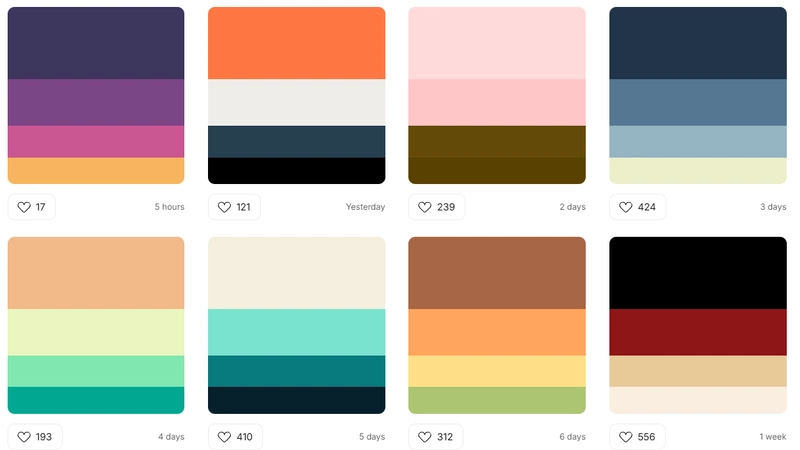

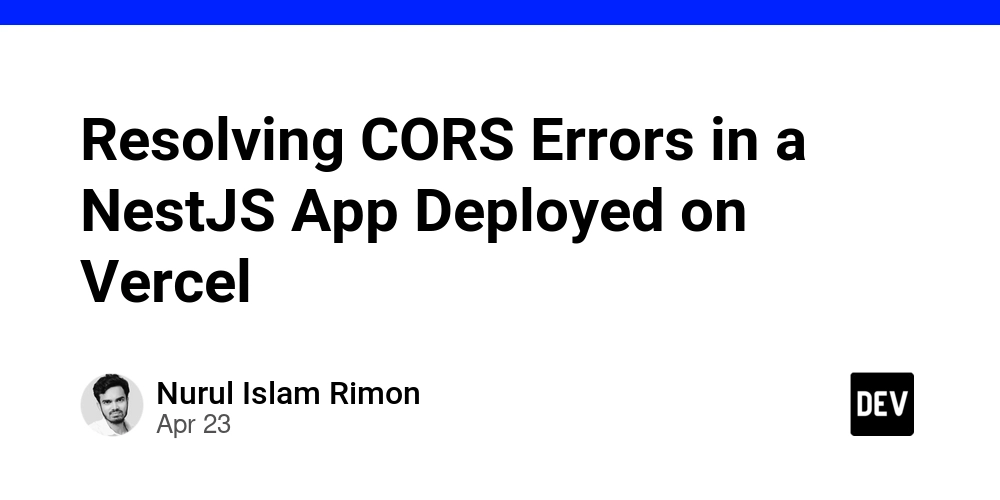

































































































































-All-will-be-revealed-00-35-05.png?width=1920&height=1920&fit=bounds&quality=70&format=jpg&auto=webp#)











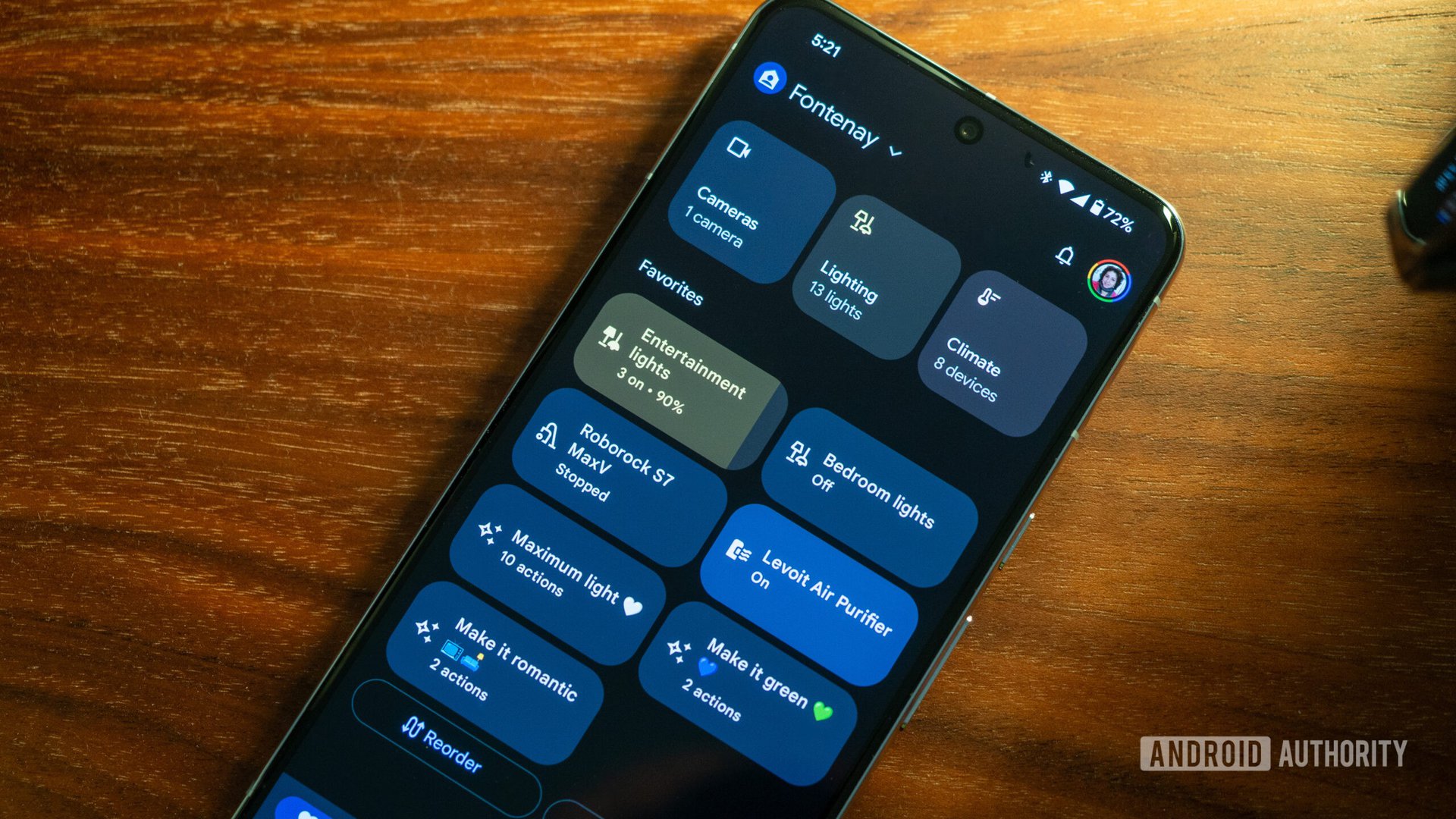






































































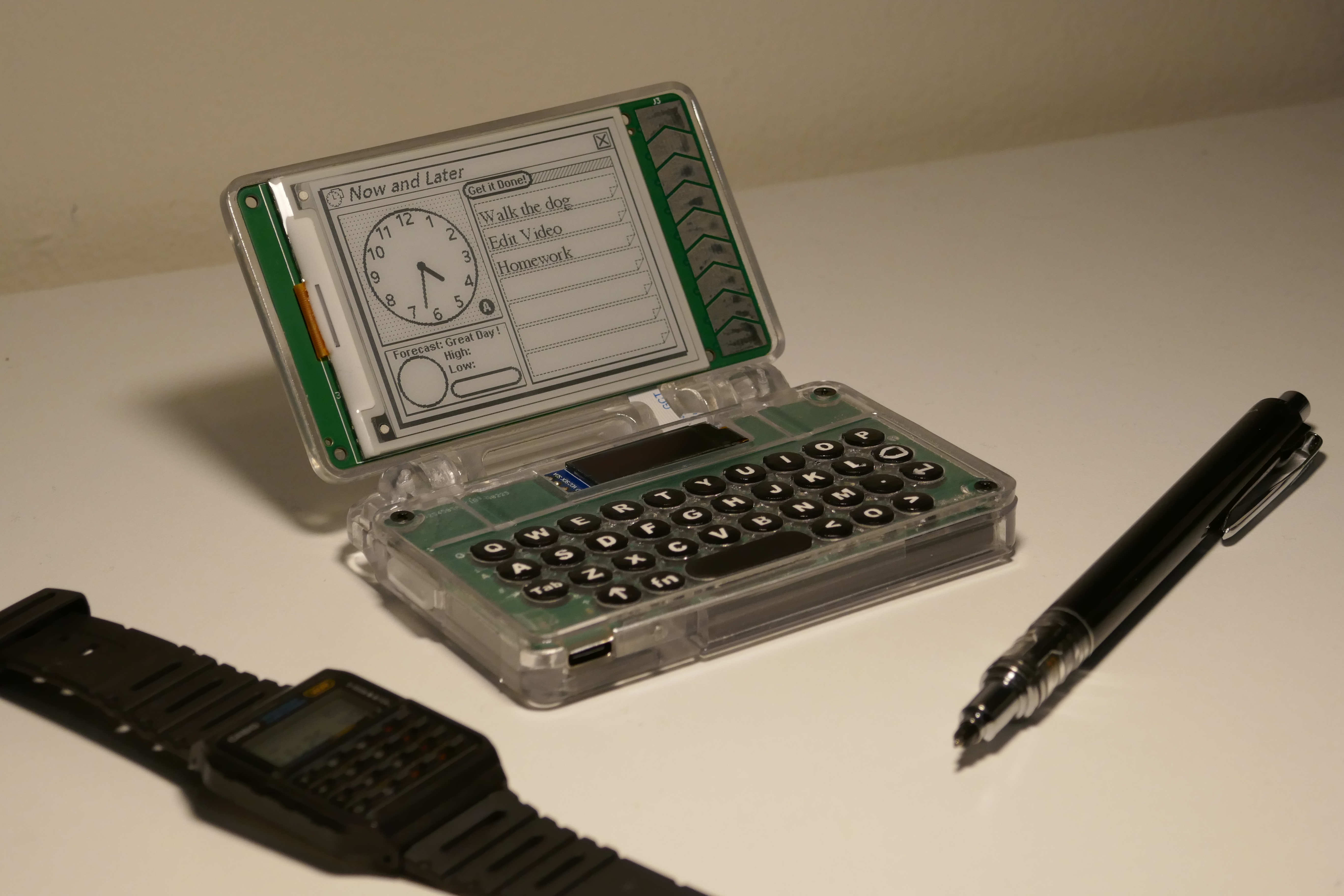
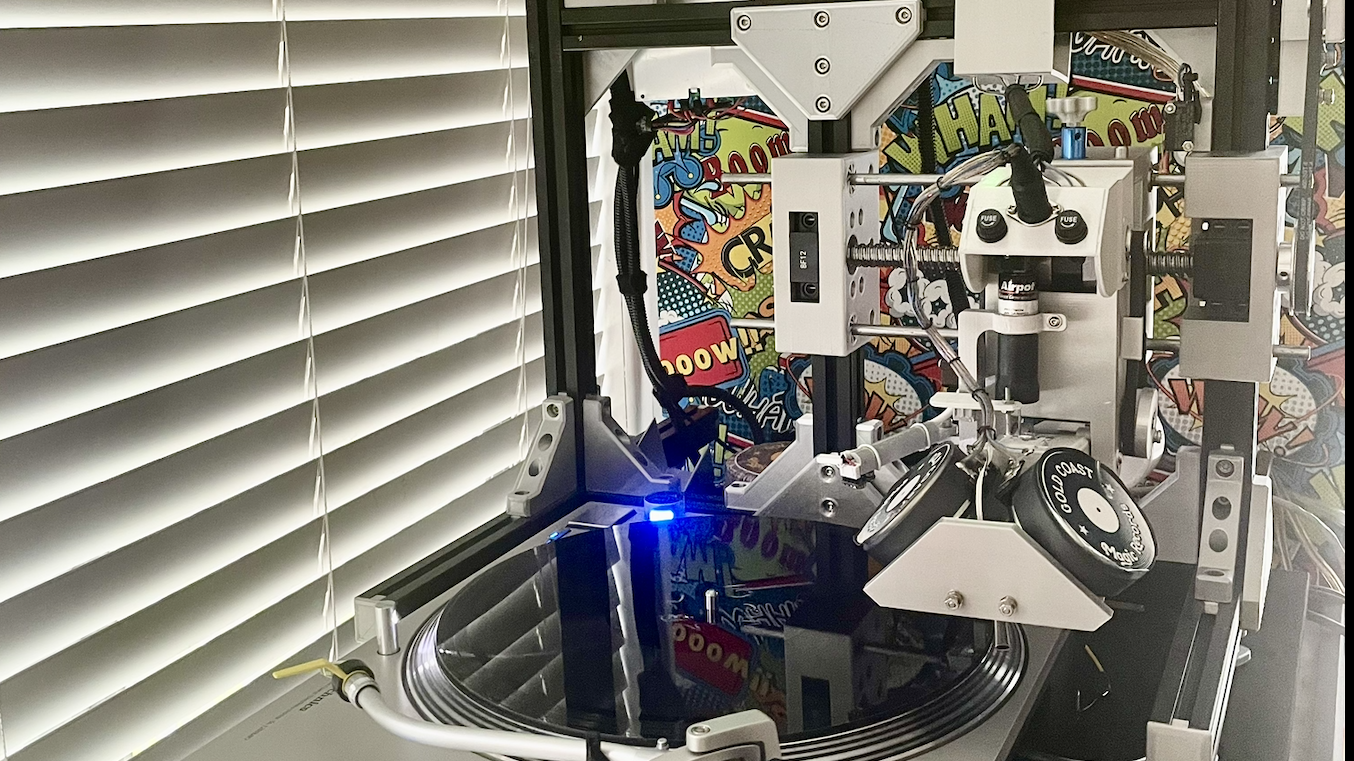




























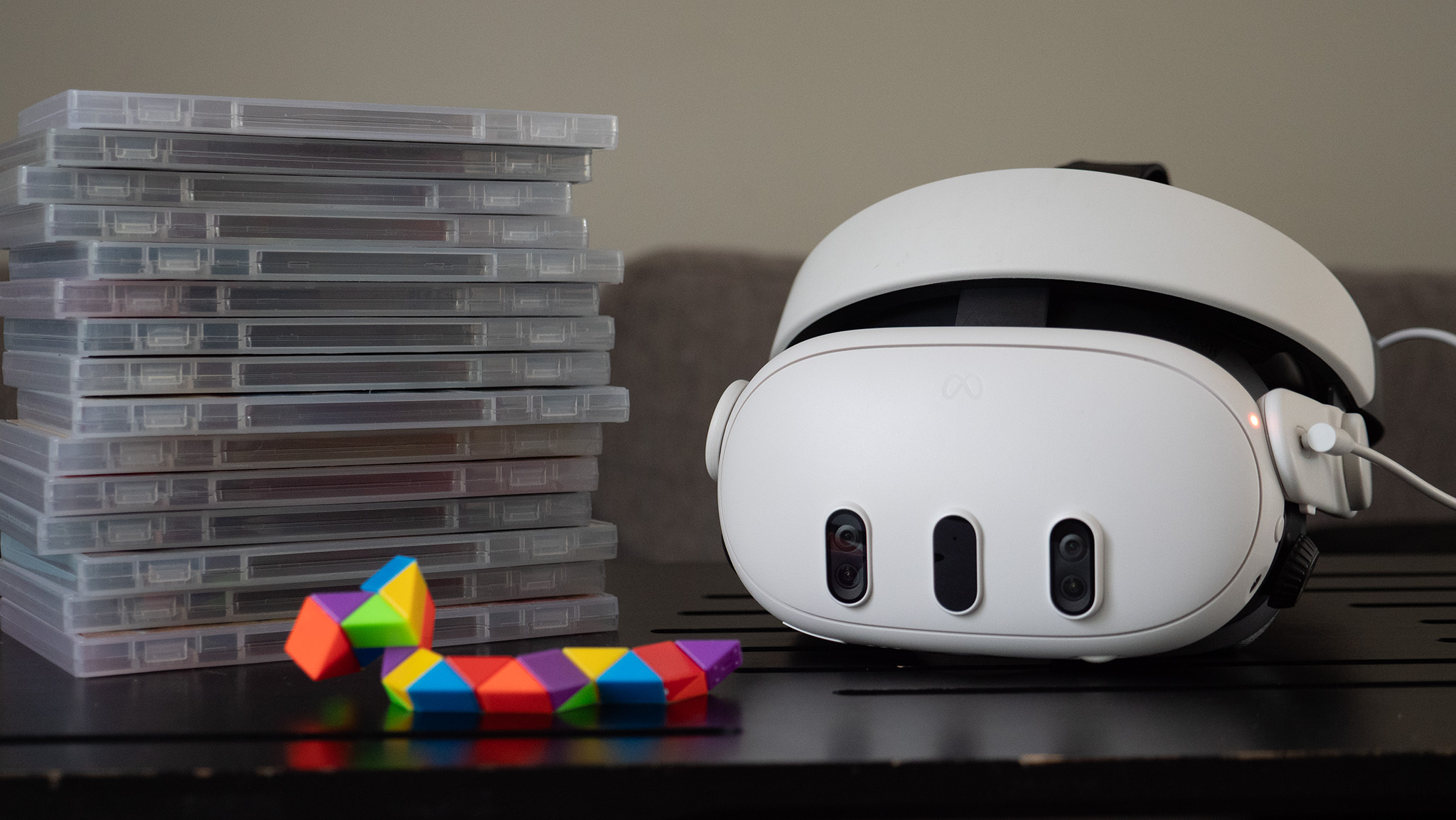
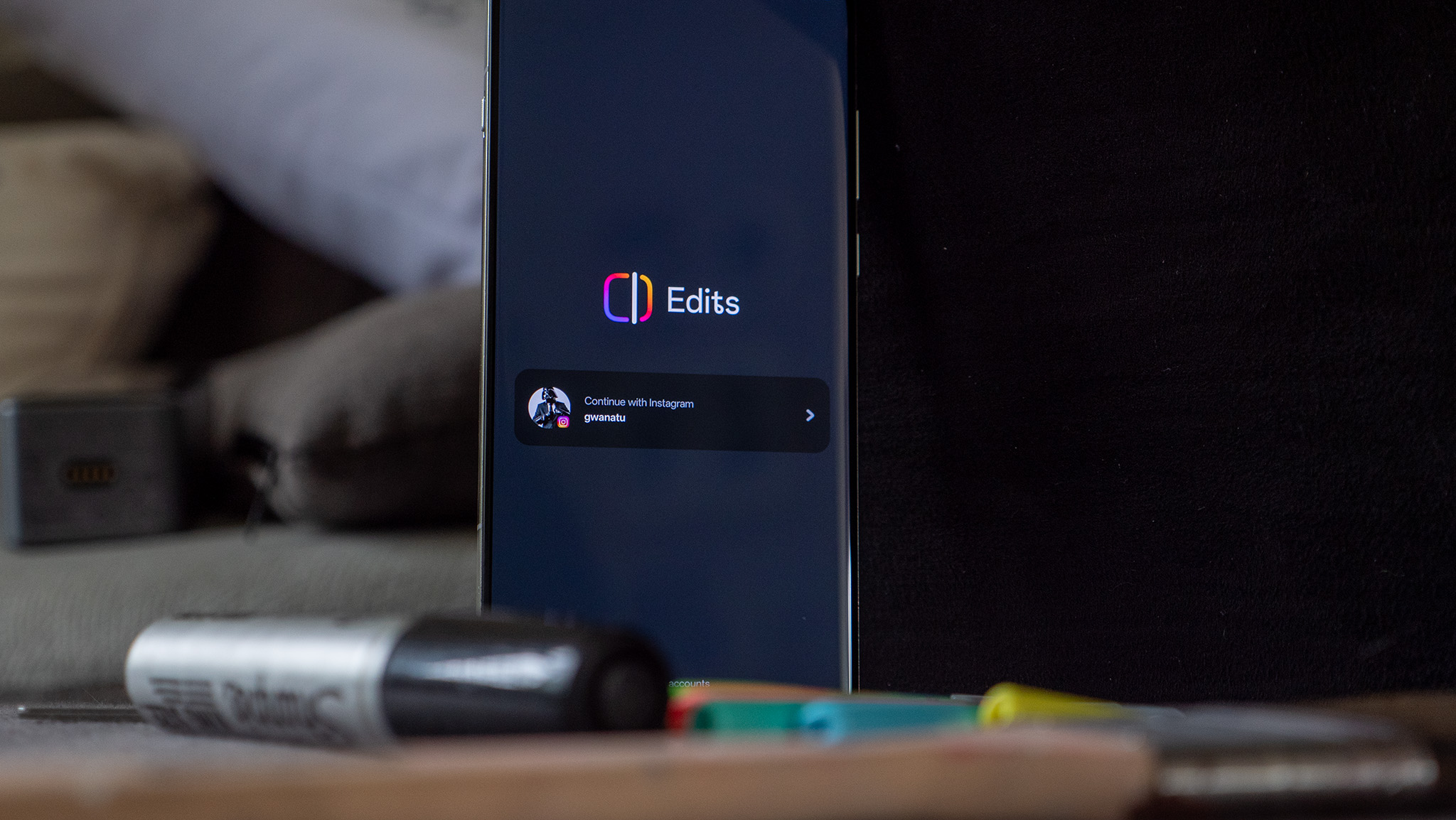




![What iPhone 17 model are you most excited to see? [Poll]](https://9to5mac.com/wp-content/uploads/sites/6/2025/04/iphone-17-pro-sky-blue.jpg?quality=82&strip=all&w=290&h=145&crop=1)

















![Hands-On With 'iPhone 17 Air' Dummy Reveals 'Scary Thin' Design [Video]](https://www.iclarified.com/images/news/97100/97100/97100-640.jpg)
![Mike Rockwell is Overhauling Siri's Leadership Team [Report]](https://www.iclarified.com/images/news/97096/97096/97096-640.jpg)
![Instagram Releases 'Edits' Video Creation App [Download]](https://www.iclarified.com/images/news/97097/97097/97097-640.jpg)
![Inside Netflix's Rebuild of the Amsterdam Apple Store for 'iHostage' [Video]](https://www.iclarified.com/images/news/97095/97095/97095-640.jpg)



















